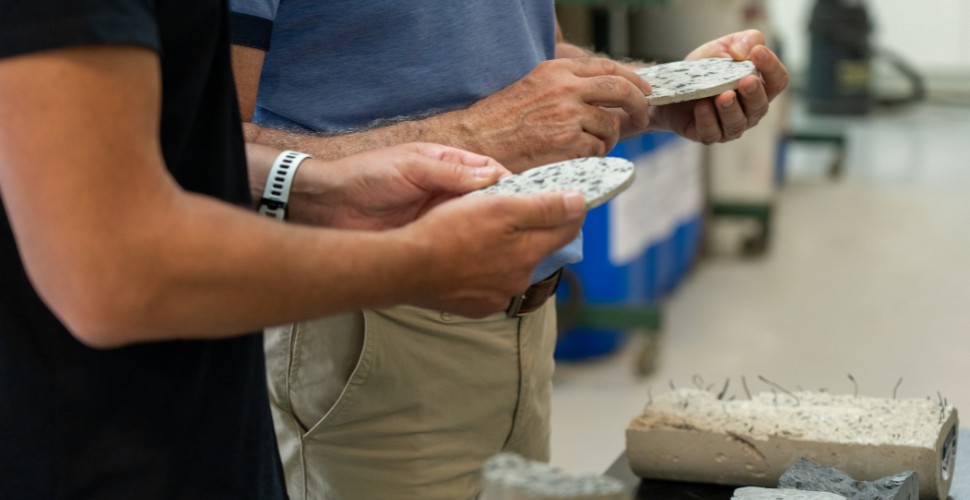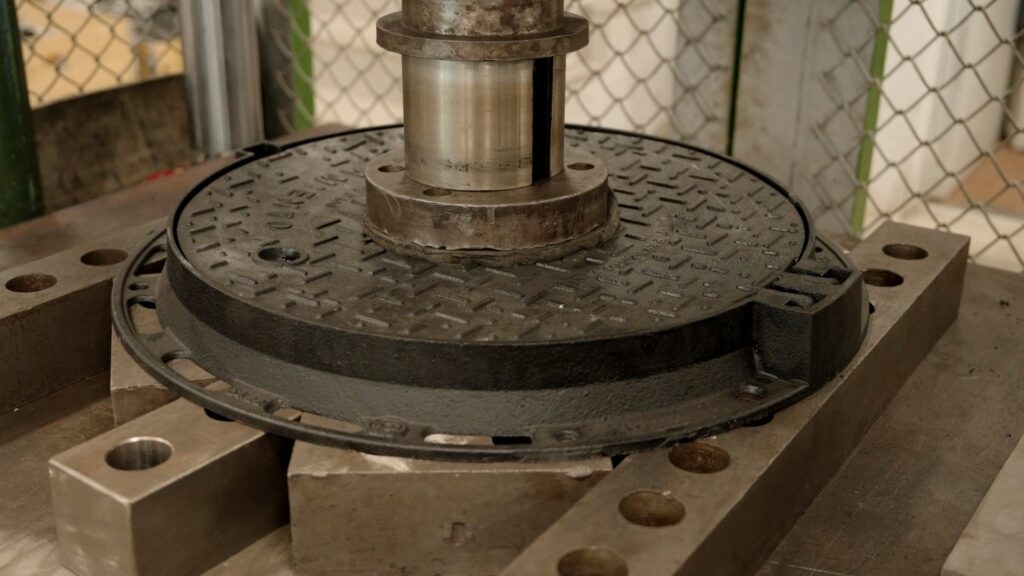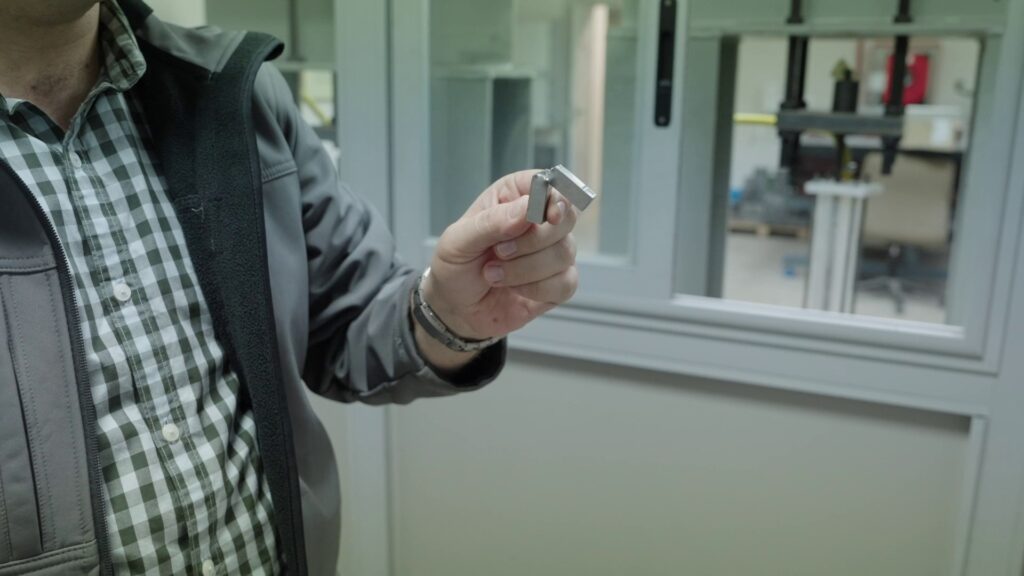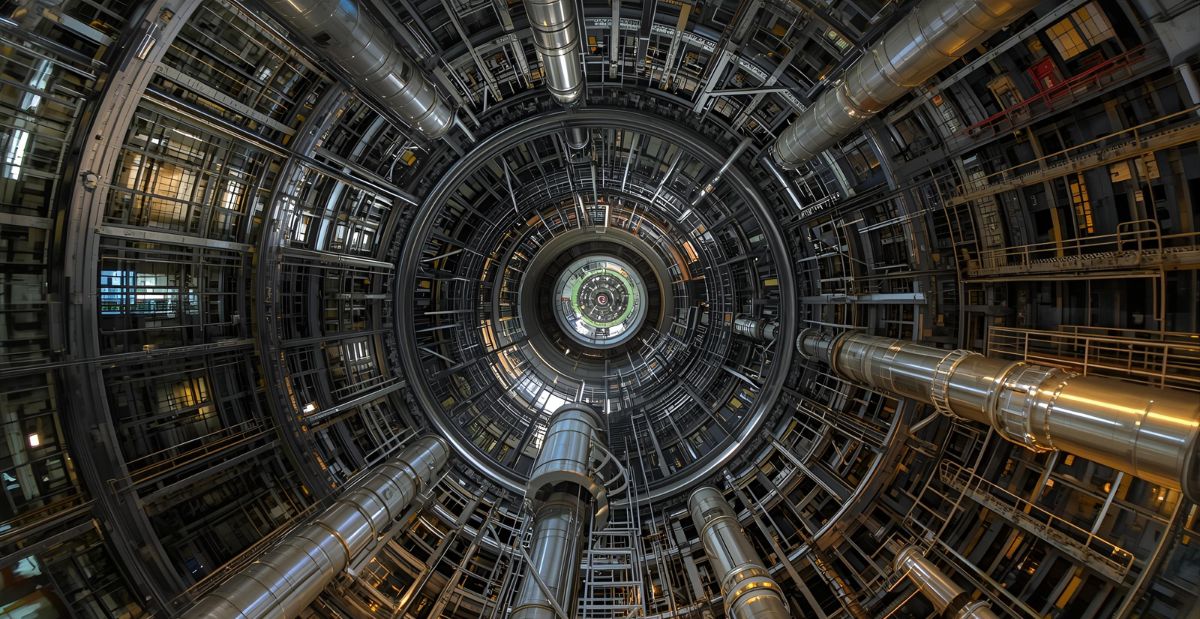
LADICIM Renews Its Accreditations in the Fields of Railway Superstructure and Metallic Materials
The Laboratory of the Division of Materials Science and Engineering at the University of Cantabria has successfully passed audits by the Spanish National Accreditation Body (ENAC) for 25 consecutive years.
Since 1998, LADICIM has not only renewed its accreditations year after year but has also earned new distinctions that have positioned it as a global benchmark in two specific fields: railway superstructure and metallic materials.
The field of railway superstructure is among the most demanding in the world due to its strict safety requirements, and very few laboratories hold specific accreditations in this area. LADICIM holds certifications for fastening systems, sleepers, and rail welds; and, since last year, for sleepers under American standards—making the Cantabrian center the only laboratory in the world accredited in this category. This exclusive credential, which is increasingly being required by Asian construction firms, represents a business line with enormous potential.
The other field where the University of Cantabria’s Laboratory stands out for its accreditations is that of metallic materials. Particularly notable are those that authorize testing of access covers (LADICIM is the only laboratory accredited with AENOR’s N mark) and of steel used in reinforced or prestressed concrete. In Spain, only the Center for Studies and Experimentation of Public Works (CEDEX) and LADICIM are authorized to test prestressing steel. These highly exclusive accreditations enable the laboratory’s researchers to work with a broad range of international clients, who account for 70% of the metallic materials tests conducted by LADICIM.

Most public bodies, both in Spain and across Europe, require laboratories to hold accreditations—especially when the testing involves high-responsibility products such as railway fastenings, sleepers, or rail welds. The same is true for companies, many of which prefer to work with centers whose research techniques and testing models are backed by official certifications.
LADICIM is accredited to perform more than 60 types of tests in the fields of railway superstructures and metallic materials. These include tests that evaluate a component’s breaking load, fatigue resistance, creep, impact, heat resistance, water absorption, corrosion resistance, and more.
Obtaining or maintaining accreditation is a demanding process that goes far beyond the lab’s day-to-day activities. However, it pays off. Today, LADICIM is the reference laboratory for the metro systems of Madrid, Barcelona, Valencia, Mexico City, and Lima, among others. It is also trusted by ADIF and major construction companies such as Acciona and Dragados. The Laboratory conducts testing for government agencies in other countries as well, including Turkey and Tanzania. In 2022 alone, it produced 600 technical reports—a record number that is on track to be surpassed in 2023.

Speed and Versatility: LADICIM’s Competitive Advantages
In addition to its accreditations, LADICIM has become a global benchmark in its areas of expertise thanks to two key competitive advantages. The first is its ability to take on projects with tight execution timelines—an especially notable strength compared to larger research centers that often have long waiting lists for testing services.
LADICIM also stands out for its versatility, which stems from its multidisciplinary team and its integration within a university environment that both generates and draws from knowledge. Thanks to this dynamic and innovative ecosystem, its engineers are able to propose distinctive solutions and apply unique perspectives, enriched by other scientific fields present at the University of Cantabria.
The result is a versatile and innovative service that consistently exceeds the expectations of new clients and offers clear added value to those who have previously worked with the Cantabrian laboratory.



